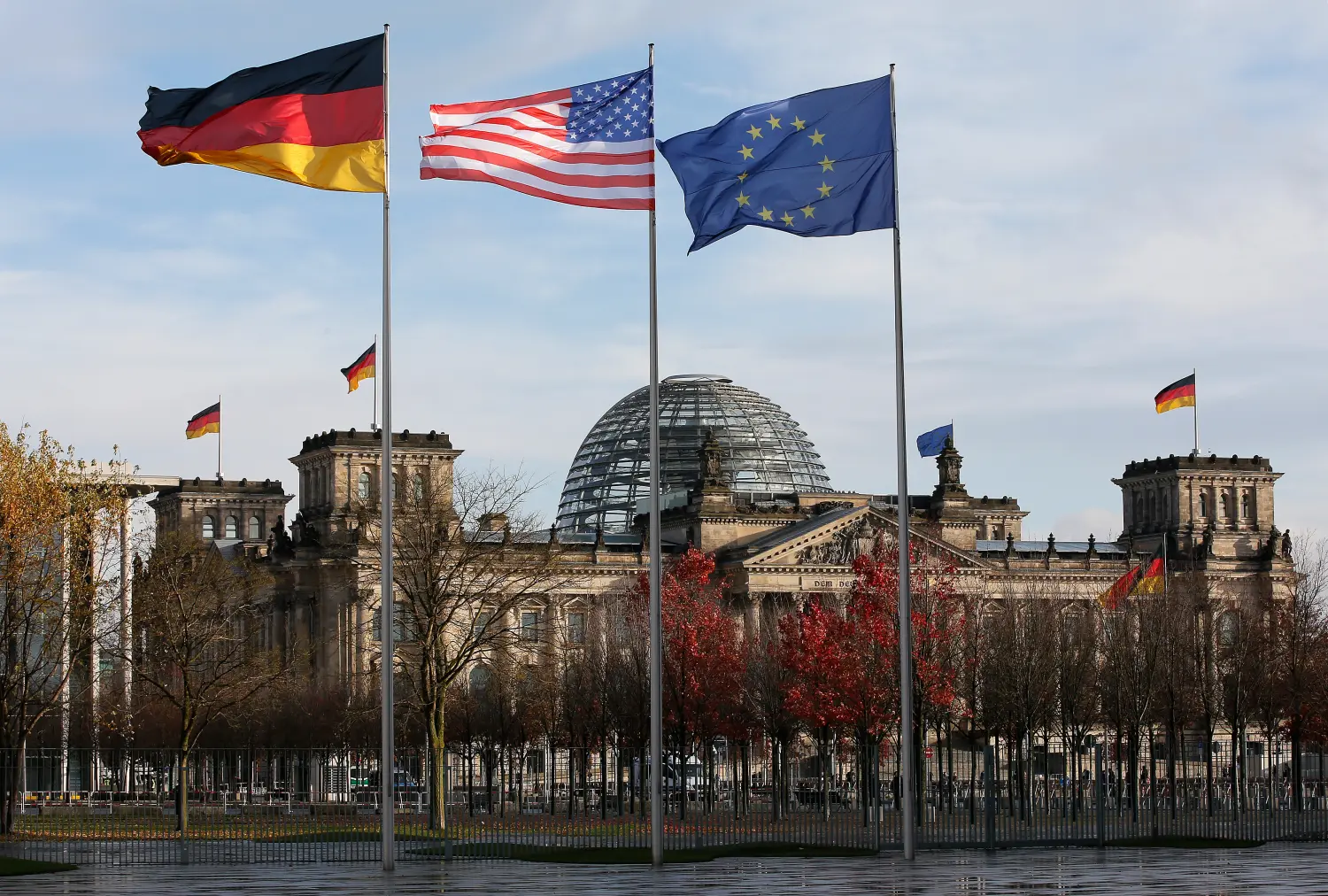The crisis in the Darfur province of Sudan, which has already claimed over 70,000 lives and forced 1.5-2 million people from their homes, has placed France in the familiar position of resisting American activism in the United Nations. The United States has repeatedly tried to rally the Security Council into action, urging sanctions against the Khartoum government and deliberately using the term “genocide,” which requires action under international law. France, on the other hand, appears to be protecting Sudan or, at the very least, stalling. In July 2004, Paris opposed U.S. efforts to impose sanctions on Sudan, forcing the passage of a much weaker Security Council resolution that threatened Khartoum only with eventual “measures” to be taken if it did not crack down on the militias blamed for the violence in Darfur. In September, France brushed aside the genocide charge made by Colin Powell before the U.S. Senate Foreign Relations Committee. “Grave” human rights abuses had certainly taken place, French officials acknowledged, but whether or not they constituted a genocide, they argued, was a question that had to be determined after careful consideration by an international committee. France has consistently cautioned the international community against acting rashly and insisted on slow and careful mediation as the correct response to the crisis in Darfur. American critics of France and human rights activists alike are infuriated.
What is France up to? Cynics wonder if behind French policy is a desire to protect its oil interests, pursue a colonial “great game,” or simply frustrate the United States. There is certainly something to these theories: The Franco-Belgian oil group Total owns the largest oil concession in Sudan (although it has yet to developed it), the United States is engaged in an unprecedented escalation of its military and political presence in the region, and France does have an interest in checking American power. But there is little evidence to suggest that these factors are decisive.
Instead, France’s Darfur policy only makes sense when considered in the context of France’s general Africa policy and its global approach to international relations. Indeed, French policy toward Darfur is not primarily about Darfur or even about Sudan. What France is doing is pursuing a Cartesian approach: applying a general rule to a specific case rather than responding to particular circumstances. It derives its rule from a well-defined vision of its role in the world and the best means to advance its interests. These include shoring up its prestige and influence in Africa, certainly, as well as securing energy assets and countering American dominance, however the hallmark of France’s policy is its strategy of achieving its objectives through a commitment to formal multilaterialism, specifically international and regional institutions that enable it to influence events to a degree that it cannot achieve acting alone. By insisting on negotiations, France is refusing to cede to the tension humanitarian crises create between the need to act and its commitment to formal multilateralism. That commitment, though stretched during the Kosovo crisis, appears to have gained strength in recent years, perhaps a reaction to America’s response to 9/11. Africa is to be a showcase for French foreign policy; Darfur is just one of many tests of that policy.
The Brookings Institution is committed to quality, independence, and impact.
We are supported by a diverse array of funders. In line with our values and policies, each Brookings publication represents the sole views of its author(s).



Commentary
France and the Darfur Crisis
January 1, 2005